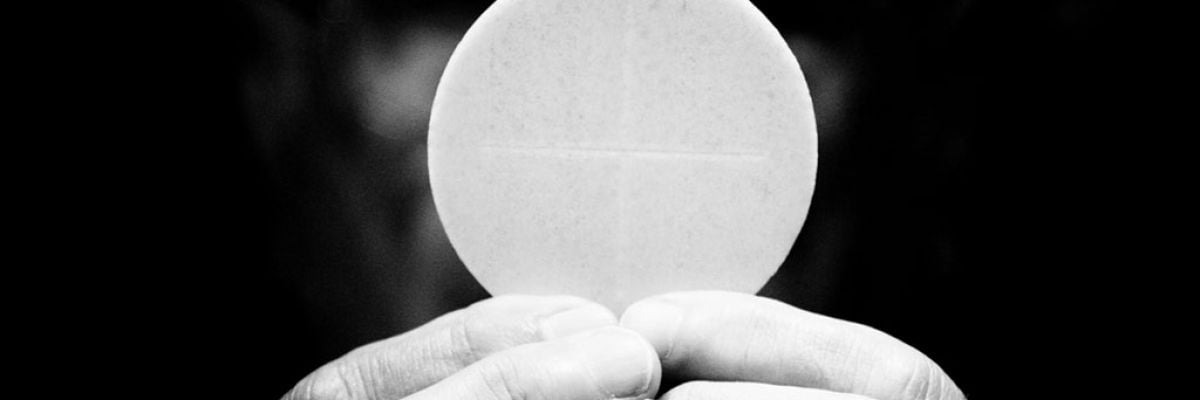Augustin56
Well-Known Member
Robert, please. If you are going to explain what Catholics believe, research it first to find out.Catholics want to believe that if they eat the flesh and drink the blood of Jesus that they will become like Jesus. One of the great heresies of Catholicism. They are practicing spiritual cannibalism.
Here are a couple of articles that can heal your misunderstanding:

Is Receiving the Eucharist Cannibalism? | Catholic Answers
Catholics believe the Eucharist is truly the body and blood of Jesus. Does this mean receiving the Eucharist is akin to cannibalism? Click here.

Are Catholics Cannibals?
Miriam-Webster defines cannibalism as: 1. The usually ritualistic eating of human flesh by a human being.2. The eating of the flesh of an animal by another anim...

